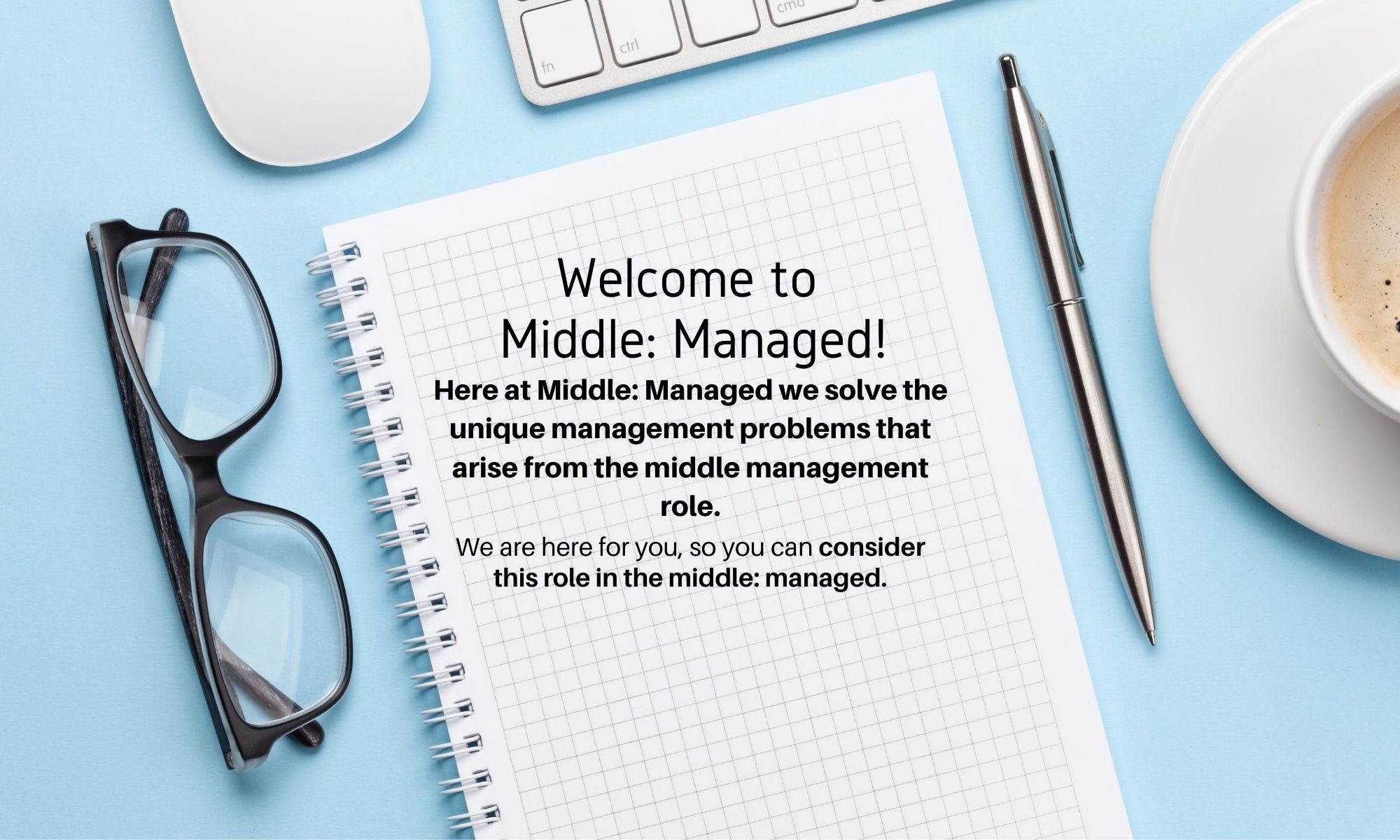Mental fortitude is a term entering the business world that was borrowed from elite athletes. Understandable, as mental toughness is believed to align with better performance. Having a high sense of self-belief mixed with the attitude that one controls their own destiny allows us to persevere through difficult circumstances. Simply put, mental fortitude is unshakable confidence that you can get through the current challenge facing you. Here is now to develop mental toughness as a middle manager.
What is mental toughness?
We have all had days where it doesn’t feel like there is enough coffee in the world to tackle the problems that are steadily filling up the inbox.
Worse, it can go on for weeks, months.
Mental toughness, grit, perseverance, it’s all the same. The way that it is modified from sports training and applied to the business world makes it interesting. One study demonstrates that upper management is more mentally tough than junior managers because they have been through more, gained the experience and resilience tat goes with it.
The chicken and the egg question applies here:
Did senior managers raise through the ranks because they are more mentally tough? Or, does upper management have higher levels of responsibility as they received their promotions and have had to develop better coping strategies?
Age may also play a role in mental fortitude. With age comes increased life experience, which leads to higher levels of mental fortitude measured in these five different categories:
Life control
Feel as though one is in-charge of their own life and can control the outcome of situations.
Commitment
High involvement in tasks and interpersonal encounters.
Challenge
Each potential problem is an opportunity for learning, rather than a threat.
Interpersonal Confidence
Unshakable faith concerning the ability to achieve success

How can we improve mental toughness as a middle manager?
Get rid of the imposter syndrome. It’s holding you back!
Here’s a secret, everyone feels this way as a new leader. It is not worth your time to dwell on it to much. Focus your energy on real action and leading your team through difficult times. Read more about how a real leader supports staff during a crisis so that you can feel more confident in your abilities. Confidence will get rid of that voice that leads to self doubt!
Remember, those are toxic thoughts that are typically untrue. Remind your self that someone believe that you had the talent to get where you are.
Wait it out. Seriously.
Recognize that as we gain experience in our current role, it gets easier. My decision making abilities are better than they were last year, and way better than the year before that.
We develop competency as we go, which leads to confidence and in turn increased mental toughness as a middle manager.
Read here about the pacesetting leadership style, and why everyone might not want to go at your quick speed as a leader!

